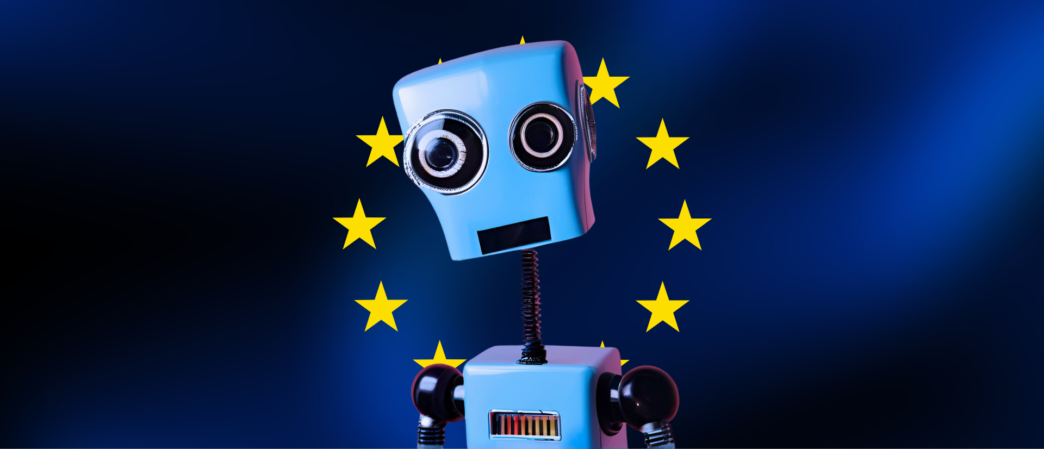Why it matters:
A recent Deloitte survey has revealed that almost half of German companies are woefully unprepared for the EU’s upcoming AI Act, a game-changing regulation set to redefine artificial intelligence across Europe. As one of the continent’s economic powerhouses, Germany’s failure to prepare could have severe ripple effects on the broader European economy and its standing in the global tech race.
By the numbers:
48% of German businesses admit they are not ready for the AI Act, set to take effect in 2025.Only 10% feel “very prepared” to comply with the legislation.
Meanwhile, 80% of executives say they recognize the AI Act’s importance, but many are failing to act on it.
The Big Picture:
The EU AI Act aims to regulate AI technology by enforcing strict compliance around transparency, risk management, and data security. This regulation is the first of its kind and could set a global precedent for how AI systems are governed.
- Germany’s lack of preparedness stands in stark contrast to the ambitions of the AI Act, which seeks to ensure AI safety and fairness while fostering innovation across Europe.For Germany, a global leader in industry and tech, these numbers signal a looming disaster if they don’t catch up. Imagine trying to regulate an industry without the key players onboard—this is the reality Germany might face if it continues to lag behind
What’s happening:
Many companies are overwhelmed by the complexity of AI and the far-reaching implications of the Act, which includes compliance requirements that span across sectors from healthcare to manufacturing.
- Large corporations may eventually adjust, but small and mid-sized enterprises (SMEs), the backbone of Germany’s economy, are at greater risk of being left behind, stifling innovation and competitiveness. Compliance isn’t just a regulatory headache—it could also become a matter of survival. Without it, companies face steep fines, loss of consumer trust, and reputational damage.
Driving the news:
The EU AI Act, introduced in 2021, has steadily moved toward approval. By 2025, companies across Europe will need to comply with these rules or face severe penalties, including fines of up to €30 million or 6% of their global revenue, whichever is higher.
Zoom out:
If Germany, the economic engine of Europe, stumbles on AI adoption, it threatens to slow the entire continent’s ability to compete with global tech giants like the U.S. and China. Europe’s position as a world leader in AI innovation is at risk.
The bottom line:
The EU AI Act is coming, and it’s clear that Germany—and by extension, Europe—needs to get serious about AI readiness. With time running out, companies must quickly ramp up their compliance efforts or risk falling behind in the AI arms race.
What’s next:
Expect increased pressure from the German government to push companies into action. Watch for more investment in AI education, infrastructure, and regulation-compliance programs.










